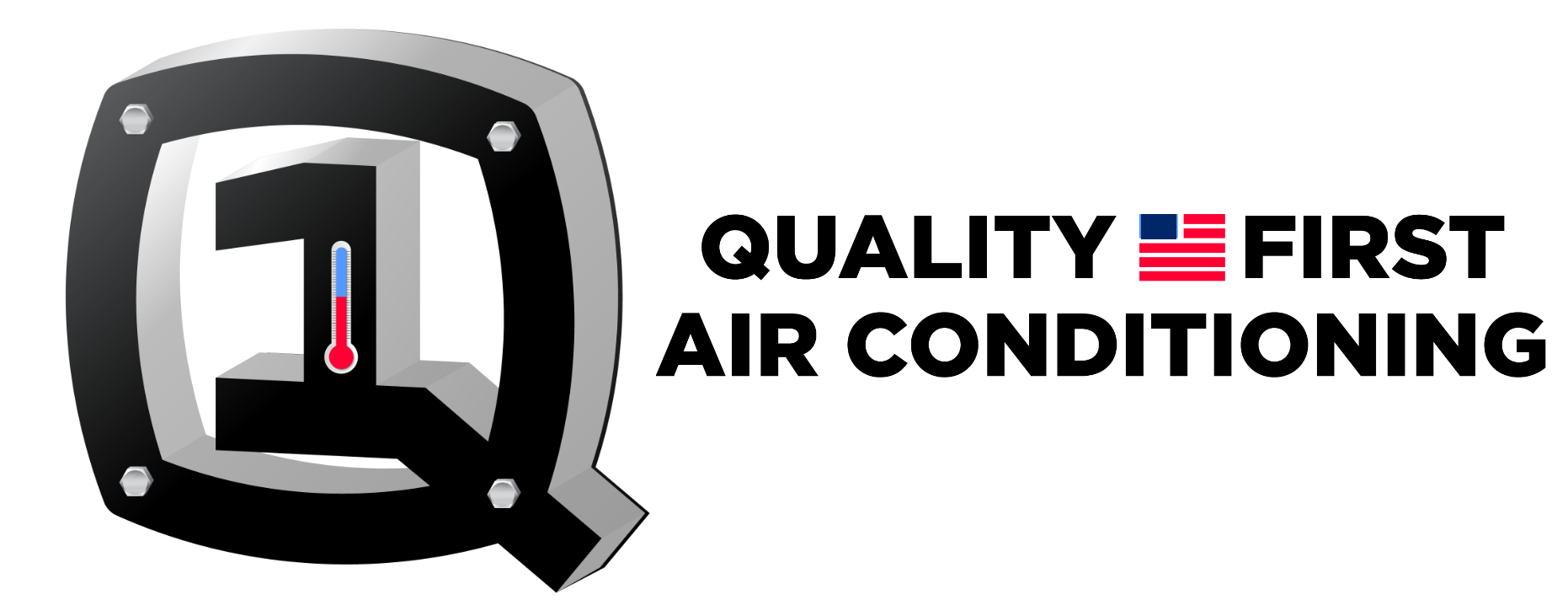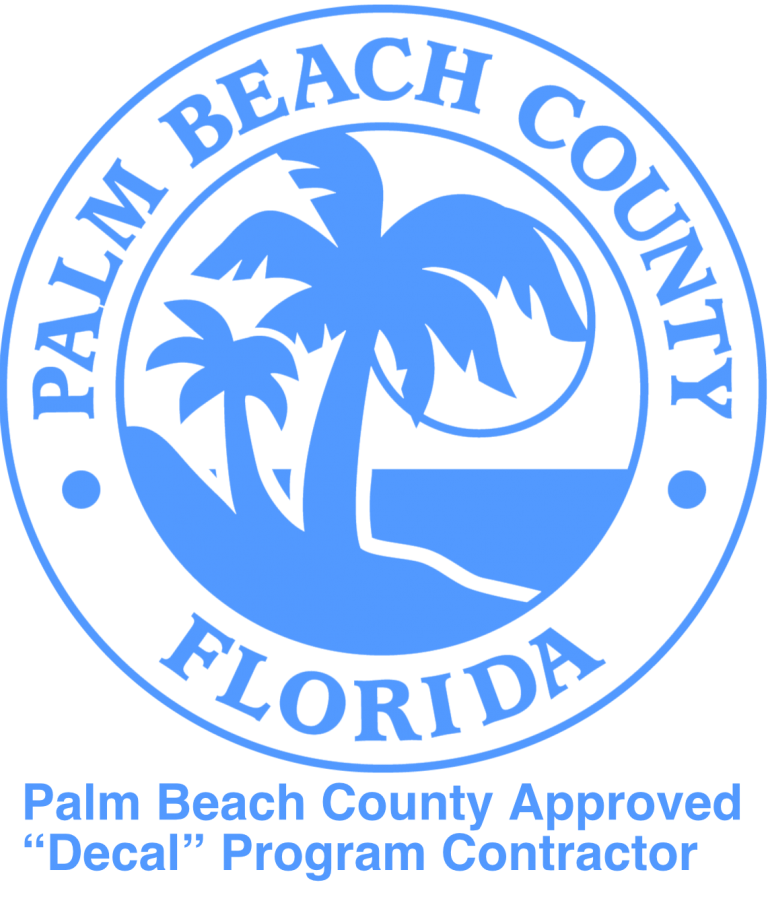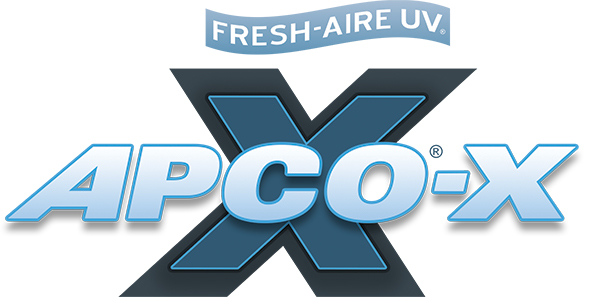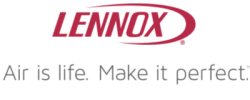Key Takeaways
-
Regular AC maintenance is essential for optimal performance, helping to prevent costly repairs, system failures, and ensuring a comfortable home environment.
-
Preventative maintenance significantly improves your air conditioning system’s longevity, prolonging the life of essential components and saving you on future repair costs.
-
Regular maintenance increases energy performance by addressing problems such as clogged filters and refrigerant leaks. Doing so is a proactive approach that can save you hundreds of dollars per month in utility bills.
-
A well-maintained AC system improves indoor air quality, reduces allergens, controls humidity, and minimizes mold growth, promoting a healthier living space.
-
Committing to a comprehensive maintenance program directly satisfies many terms of your manufacturer’s warranty, meeting the requirements and securing your system’s warranty coverage.
-
Opting for a robust maintenance program that fits your organization’s needs will guarantee regular inspections, priority service during emergencies, and save you money in the long run.
Extended lifespan of the AC system
Improved indoor comfort all summer long
Benefits of regular maintenance
Your air conditioning system is a big investment. Coupled with routine check-ups, it catches problems before they become major cases, reducing the risk of costly repairs. Clean filters, calibrated thermostats and well-maintained mechanical components all work together to reduce energy consumption, saving you on utility bills.
Most of these programs offer regularly scheduled inspections and tune-ups, so your system remains more reliable all year long. Aside from the mechanical benefits, routine maintenance helps support healthier indoor air quality by regularly cleaning dust and irritants from your HVAC system.
Whether for a residence or place of business, investing in a maintenance program guarantees a cooler, healthier, and more energy-efficient environment. Here’s how this strategy can provide lasting savings and comfort.
Why AC Maintenance Matters

That’s why regular AC maintenance is so important. Protected by regular maintenance, your system can work at its best and stave off costly repairs. When you regularly maintain your system, it operates at maximum efficiency. This ensures you can rely on it to keep your home cool and comfortable through scorching summer months.
Identifying problems ahead of time reduces the chance for surprise breakdowns. These emergencies often occur during peak usage hours when it is impossible to arrange repair services. A typical HVAC tune-up takes an hour, tops. This time investment is well worth it to prevent greater inconveniences and expenses down the road.
Preventive maintenance extends the life of your system. It can increase it well beyond the average 10–15 years, saving you from expensive unexpected replacements. Maintenance deferred too long usually results in expensive repairs or complete system breakdowns. For instance, a minor issue left unchecked can escalate, requiring parts replacements or even a new unit, which could cost thousands of dollars.
Regular preventative maintenance keeps these situations from occurring, making emergency service calls less frequent and keeping your daily life from being disrupted. Thirdly, the importance of choosing a professional HVAC service provider with a reputable service history for reliable maintenance. With our amazing 98% customer satisfaction rating, we surely must be doing something right!
In addition to durability and reliability, maintenance improves your comfort and reduces your energy costs. A clean and well-tuned system runs fewer hours overall, saving energy and leading to lower utility bills. One key benefit is improvement of indoor air quality, protecting people who are allergy sufferers or susceptible to dust.
By taking this proactive approach, you’ll help guarantee your home is a comfortable, healthy environment all year long.
Cost Savings from Regular Maintenance
Regular AC maintenance is an investment that delivers measurable financial benefits by preventing expensive repairs, improving efficiency, and extending the system’s life. With a careful approach, you can sidestep many costly mistakes and set yourself up for dependable snow-fighting service all winter.
1. Avoid Costly Future Breakdowns
Regular inspections and maintenance help to identify minor deficiencies before they result in significant failures. Catching a deteriorating belt will help prevent expensive compressor replacement. Fixing a drain clog before it leads to flooding saves costly repairs in the future.
By monitoring performance consistently and keeping detailed maintenance records, we ensure problems are addressed early, reducing the likelihood of high-cost emergencies.
2. Extend AC System Lifespan
Regular proactive care, like seasonal check-ups and professional servicing, help protect vital components including the condenser and evaporator coils. It’s a strategy that can extend decades onto your system’s lifespan.
A unit that’s regularly cleaned and serviced can last 15 years or longer. This durability prevents you from paying for a premature, pricey replacement.
3. Maximize Energy Efficiency
Regular contact to maintain the unit by cleaning filters and coils, checking refrigerant levels, and calibrating the thermostat can optimize efficiency. An optimally balanced system will require less energy, saving you money on cooling your home.
Regular maintenance helps save up to 30% on energy usage and cuts down on monthly bills by a great deal.
4. Lower Utility Bills
More efficient systems use significantly less electricity. With regular maintenance — like monitoring energy consumption and installing clean air filters — you’ll notice short-term savings on your energy bills.
By scheduling maintenance before peak seasons, parks are able to maintain optimal performance without risking costly downtime.
Health Benefits of AC Maintenance
Frequent air conditioning maintenance isn’t just an investment in the lifetime of your system—it’s an investment in your health. By making sure your AC isn’t working harder than it should, you’re helping provide a safer, cleaner indoor environment.
Each maintenance step contributes to improving indoor air quality, reducing indoor allergens, controlling humidity, and preventing mold growth.
Improve Indoor Air Quality
Regular preventive care makes a big difference in the quality of air you and your family members inhale. Replacing filters on a regular basis—every 1–3 months, depending on your system—ensures that dust, pollen, and other particles that recirculate indoors are captured.
Scheduling duct inspections and cleanings clears away accumulated dirt and dust that can harm airflow and air quality. Keeping your home’s humidity levels in check—ideally 30–50%—prevents the kind of environment that breeds mold and mildew.
Regular professional services are the best way to guarantee your coils, fans, and other components remain clean, maintaining maximum efficiency and air cleanliness.
Reduce Allergens and Pollutants
Maintenance keeps systems clean and helps to remove allergens that can worsen respiratory ailments. Replacing filters on a regular basis helps prevent the buildup of dust and pollen, while duct cleanings address contaminants you can’t see.
Pairing routine AC maintenance with a quality air purifier provides an additional layer of filtration, improving overall air cleanliness and reducing exposure to irritants.
Control Humidity Levels
High humidity makes it feel much hotter, and carries a risk of heat-related illness or death. Properly maintained dehumidifiers and AC units will work to keep the moisture in the home balanced for maximum comfort.
With proper humidity management, you avoid the accumulation of excess moisture, preventing the development of mold and worsening humidity, and enhancing comfort levels.
Minimize Mold Growth
Mold is attracted to places with a lot of moisture. Regular inspections catch the early signs of moisture issues while regular cleanings of the condensate drains prevent moisture build up from the start.
With professional maintenance, your HVAC system will be able to maintain proper airflow and humidity levels and clean areas that are more susceptible to mold growth.
Key AC Maintenance Tasks
A regular, detailed AC maintenance program keeps your system running efficiently, consumes less energy, and prolongs your system’s life. By keeping one step ahead of your AC system, you can prevent sudden breakdowns and ensure a consistent level of comfort all year long.
Here are some key AC maintenance tasks to add to your regular checklist.
Inspect and Clean Coils
When coils get dirty or clogged, overall system efficiency is lowered due to the restriction of heat exchange, forcing your AC system to work harder while using more energy. Regularly scheduled coil cleaning will optimize performance and energy savings.
Professional services are great at not only removing built up dirt, they are influential in inspecting your system for potential problems. Routine annual coil maintenance protects against unnecessary wear and tear while protecting long-term reliability.
Change Air Filters Regularly
Air filters need replacing every 1-3 months to ensure air quality and adequate system efficiency. Superior quality filters catch dust and allergens, leaving the air cleaner and healthier for your home, particularly for those who suffer from allergies.
Install calendar reminders, and work with members of the household to keep an eye on filter health, replacing when needed.
Check Refrigerant Levels
Correct refrigerant levels are essential to effective cooling. Low refrigerant can result in the unit running less efficiently and being damaged down the line.
Regular inspections should find any leaks before they become a bigger issue, keeping your home cool and saving you expensive repairs.
Clean Condensate Drains
Clogged drains are a major culprit of water leaks and excess moisture. Using vinegar or specialized drain cleaners removes built-up debris and promotes proper water drainage as well as eliminates future clogs.
Frequent inspections make it easier to spot leaks, which will contribute to keeping your system running well.
Inspect Electrical Components
Smooth, safe handling depends heavily on electrical integrity which is crucial for safety’s sake. Frequent evaluations of wiring and connections avoid issues before they arise and keep your system running smoothly.
Regular professional evaluations can catch and take care of unnecessary wear before it causes problems.
Calibrate Thermostat Settings
Setting your thermostat correctly is one of the easiest and most effective ways to save energy. Regular calibration and correct usage will minimize energy waste, allowing you to pocket more money on utility bills with little effort while keeping your home comfortable.
How to Choose a Maintenance Program
When selecting a maintenance program for your AC system, consider your unique situation. You’ll be able to identify a program that will provide value well into the future. Learn the differences and understand strengths and weaknesses of each. Following this advice will equip you to choose a program that improves operational efficiency and saves money.
Assess Your Needs
Begin with considering your unique HVAC needs. Take into account the kind of system you operate and your average daily usage. For instance, a residential AC system requires less frequent visits than a commercial unit that runs all day.
Know exactly how much you have to spend. Determine whether you just need a fundamental approach with a test and inspect program or whether you need a full-blown standard program with extensive maintenance.
Consider the age of your system—older units may need servicing more often. If you have specific concerns, like airflow problems or lack of consistent cooling, seek a program that is tailored to address your unique needs.
Check Service Provider Reputation
Read their reviews check Yelp and other online sources to make sure they are reliable and good quality. Customer testimonials on websites like Yelp or Google are a quick way to gauge their quality of service.
Check all required certifications and licenses to ensure you’re receiving the best expertise, and ask friends or family members for recommendations you can trust. A reputable provider will present with full transparency and be willing to discuss their credentials.
Understand Contract Terms
Read contracts closely to grasp what is, and isn’t, covered. Choose a program that provides routine inspections and cleaning with the ability to do so four or more times per year.
Determine other costs, cancellation procedures and warranties. Make sure the contract allows for or encourages energy efficiency retrofits, which often reduce energy bills by 30% or more.
Consider Preventative Maintenance Plans
According to ASHRAE, preventative maintenance saves 12-18% in costs while increasing system efficiency, IAQ, and extending the life of the equipment. Comprehensive plans would address tasks such as conducting routine inspections by meter, removing debris, power washing, and establishing priority service.
Including stakeholders from facilities management and HVAC professionals can provide insight into developing a proactive maintenance plan.
Signs Your AC Needs Immediate Service
Recognizing the warning signs that something may be wrong with your AC unit is essential to keeping your home cool and energy-efficient. By knowing these signs, you’ll be able to take prompt action, avoiding expensive damage and increasing your system’s longevity.
Here are some major signs to watch for that may indicate your system has major issues.
Unusual Noises
Unusual noises such as rattling, banging, or hissing usually indicate a mechanical problem. These may be due to loose parts, a motor that’s on the fritz, or refrigerant leaks.
For example, a hissing noise can mean that there’s an issue with your refrigerant, which is necessary for your AC to function properly. It’s helpful to document the timing and frequency of these noises to better understand the root cause, which will help technicians diagnose it.
Weak Airflow
Weak airflow is usually due to dirty filters, vents, or ducts. A dirty air filter restricts proper airflow. As a result, the system starts blowing warm air or short-cycles, which drastically reduces efficiency and increases energy expenses.
In homes with allergy sufferers—roughly 50 million Americans—dirty filters can aggravate breathing difficulties, leading to health risks. Not only will this guarantee effective cooling, but it will improve your air quality.
Strange Odors
Strange odors can be a sign of trouble. While burning smells may mean there are electrical issues, musty odors typically mean that mold has developed in the system.
In addition to the health impacts from mold’s negative effect on air quality, mold degrades components over time. By documenting these smells, the technician will be better able to troubleshoot the source and fix the problem.
Increased Energy Bills
Sudden increases in energy expenses can indicate issues such as refrigerant leaks or short-cycling. Monitoring energy trends helps identify when your AC isn’t operating optimally, prompting timely service to restore performance.
Water Leaks
Pooling water near your AC could indicate a clogged drain or refrigerant leak. These leaks, when left unattended, can cause extensive damage to surrounding property and decrease the efficiency of the entire system.
Catching these signs and getting immediate attention avoids more costly complications down the line.
DIY AC Maintenance Tips
Taking care of your AC system with simple DIY tasks can make a big difference in its performance and lifespan. Be regular with maintenance and avoid costly repairs. Beyond that, it protects your investment by helping your system run at peak performance year-round.
Here are some DIY tips, steps you can take to ensure you’re getting the safest, most efficient performance from your AC system.
Clean the Outdoor Unit
Your outdoor unit can easily become clogged with dirt, leaves, and other debris, restricting airflow and negatively impacting efficiency levels. Use a soft brush attachment or vacuum to make sure you’re cleaning them without risk of bending the fins.
Cleaning your AC system helps prevent overheating from dirt buildup so it can run efficiently. Check the space around the unit for any blockages such as collapsed tree limbs or bushes that have become unruly. Remove them to maximize airflow and keep the AC unit from straining.
For example, clearing away dried leaves or cutting down hedges that grow within two feet of the unit can make a substantial difference.
Trim Surrounding Vegetation
Make sure that any overgrown shrubs or flowers aren’t blocking airflow to your AC unit. Trim back vegetation at least two feet away from the system and regularly monitor for regrowth during the growing season.
Regular landscaping can ensure ongoing clearances, like during those rapid growth times in the spring and summer. Educating all family members on this step will help make sure everyone pitches in to keep up the maintenance.
Monitor Air Filter Condition
An old and clogged air filter not only works your AC unit harder, it compromises your indoor air quality. Check your filter every two or three months and replace it as necessary, especially during peak usage times.
Keeping a few replacement filters on hand makes changing them out a breeze. Keeping filters clean leads to system efficiency and healthier indoor air, particularly for those who suffer from airborne allergies.
Conclusion
There are numerous advantages to maintaining your air conditioning system. Regular maintenance helps it run better, last longer, and saves you money on energy bills and repairs. It protects your family’s health as well, cleaning the air in your home and creating a safer, more breathable environment. A well-defined maintenance program takes the guesswork out of maintaining your system. Reap the benefits of reliable operation and added peace of mind!
So, you don’t want to only wait for things to break down. Some minor effort would prevent a major pain point from occurring after investment and integration begins. Whether you go with the AC maintenance program or make it a DIY project, invest the time to find a program that works for you. In case you weren’t convinced, your comfort and health are worth it. Get started today and ensure your AC stays healthy and happy for many summers to come.
Frequently Asked Questions
What is an AC maintenance program?
An AC maintenance program is a service plan offered by HVAC companies to ensure your air conditioner is regularly checked, cleaned, and serviced. It goes a long way in preventing costly premature breakdowns, improving system efficiency, and extending the overall lifespan of your system.
How does regular AC maintenance save money?
Performing routine maintenance helps your system run more efficiently, which can lower your monthly utility bills. In addition, it saves you money on expensive repairs, as it catches small problems and rectifies them before they spiral into massive expenses.
Can AC maintenance improve indoor air quality?
Yes, regular HVAC maintenance involves cleaning items such as filters and coils that remove dust, allergens, and other contaminants that can affect the indoor air quality. This results in improved indoor air quality and a healthier home overall.
What are the key signs my AC needs immediate service?
Look out for strange sounds, reduced airflow, hot air instead of cold, or excessive short-cycling. A dramatic increase in your energy bills is another sign that your air conditioner should be inspected right away.
What tasks are included in an AC maintenance program?
Other regular maintenance tasks include replacing filters, cleaning coils, checking refrigerant levels, calibrating thermostats, and checking electrical components. These AC maintenance program duties help your system last longer and take appropriate care of your indoor air.
How do I choose the right AC maintenance program?
Seek out programs that provide annual tune-ups, 24/7 emergency service and warranty coverage. Go with an established company with trustworthy, certified technicians and plenty of satisfied customers.
Are there any DIY AC maintenance tasks I can do?
For the most part, yes Replace filters every 1-3 months Clean visible debris around the outdoor unit. When it comes to more complex tasks like refrigerant checks and electrical inspections, it’s best to leave things to the pros.


























